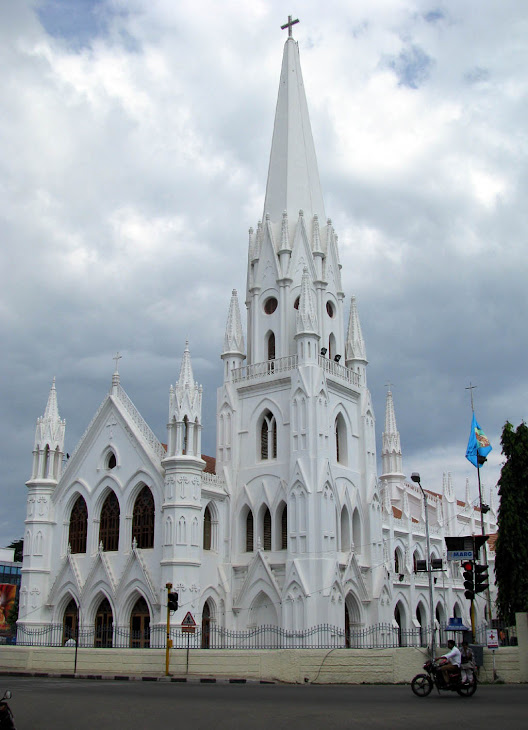One of the interesting things about India (there are many) is the incredible linguistic diversity. It is the most linquisticly diverse country in the world. It is more diverse than all of Europe. There are 23 official languages, although two are pretty much the same language, and about 850 languages in total. The languages mainly come from two language families (Indo-European and dravidian), but there is small representation from other language families as well. Many people think that the languages are all similar, but with the exception of the Hindustani languages, they are pretty much mutually unintelligible. For example, Kannada and Hindi are about as similar as Mandarin and Spanish. Hindi and English are more similar. So it is pretty much hopeless to try to learn the languages you will encounter. Fortunately for me, Tamding can communicate with a majority of the people here. There is also a misconception that these are obscure languages. Not so. Telegu is the sixth most spoken language in the world, Bengali is the seventh, and Hindi is spoken by more people than those two languages combined. To put this in perspective, French is the tenth most spoken language in the world.
So about those Hindustani languages... The main Hindustani languages are Urdu and Hindi, but there is a wide range of in-between versions. I have asserted in the past that Hindi and Urdu are the same language, and I stand by that assertion. To illustrate that point, our taxi driver from the Bangalore airport to the hotel spoke Urdu. Yet Tamding, who speaks Hindi, had no problem talking to him. And that is perfectly normal. Now, I know that my opinion is at odds with the consensus among liguists, so I'll explain their view. There are two justifications that linguists use to separate the languages. First, they are written in different alphabets. But in a country with only a 65% literacy rate, that distinction is lost on a lot of people. I would also add that Turkish has two alphabets (one obsolete), but has never been considered two languages. The other justification is that they borrow words from different languages. But so does English. You hear a lot of Spanish words in Texas and a lot of Gaelic words in Ireland. Perhaps the combination of the two issues is sufficient to explain the separation of the languages, but I think not.
To understand the two languages we need to look at the history. The Hindustani languages originated from a language called Khariboli. When the Mughals conquered northern India, they needed a language to communicate with the locals, because obviously nobody knew Persian. They chose Khariboli, which they called "Hindustani." Over time, the language absorbed a lot of Persian, Arabic and Turkic words, while retaining many of the previously absorbed Sanskrit words. One of those new words was the Turkic word "Urdu", which means "army" or "army camp". Eventually, the language came to be called "Urdu" because that's what was spoken in the army camps. As the language developed, two alphabets became attached to the language, one derived from Sanskrit, and the other from Arabic. As you might expect, Muslims preferred the Arabic script and Hindus preferred the Sanskrit script. And that is really what the difference between the languages is: religion. If you were to go to Northern India, where they speak a middle form of Hindustani, and speak to a group of illiterate people, they will make this distinction. Muslims will tell you they speak Urdu and Hindus will say they speak Hindi, even if they speak the exact same dialect. Of course, even they won't sound exactly the same because they will often speak in relation to their religion. Hindus will use more Sanskrit terms, because there are no Arabic words for things like "Karma", "Dharma", or "Samsara." And there are no Sanskrit words for "Hajj" or "Jihad," either. So the distiction is really theological, not linguistic. Nonetheless, I will bow to the linguists and make the distiction, but understand it is religious.
So what languages have we encountered so far? In two cities, I have heard Hindi, Urdu, English, Kannada, Telegu, and Tamil. And we're just getting warmed up. We will hear Bengali and Nepali soon. Here in Chennai, Tamil is the most common. And it turns out that Tamding speaks enough of it to at least get a taxi or a hotel room. So that was a pleasant surprise. Especially when almost nobody understands English or Hindi.
Thursday, November 29, 2007
Subscribe to:
Post Comments (Atom)







No comments:
Post a Comment